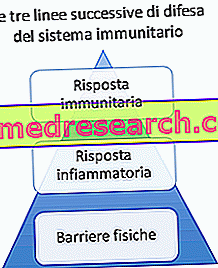
Scientific name
Piscidia erythrina
Family
Leguminosae
Origin
Central America, Jamaica
Synonyms
Jamaica dogwood
Used Parts
Drug consisting of roots and bark
Chemical constituents
- Isoflavonoids (rotenoids);
- alkaloids;
- Saponins (piscidina);
- Tannins;
- Flavonoids;
- Piscidic acid.
Piscidia in Herbalist: Property of Piscidia
Due to its alkaloid content, piscidia is a plant that can be highly toxic; however, it is used in therapy, in the form of standardized extracts, due to its action in the central nervous system; in fact, it is able to calm the pain and induce sleep. In some studies carried out in vitro, piscidia has shown greater activity than papaverine: some of the isoflavonoids present in the root are responsible for this biological action. Isoflavonoids are attributable to antispasmodic, hypotensive and muscle relaxant properties, especially at the genito-urinary level.
Contraindications
The use of Piscidia is not recommended for children and the elderly, or in case of hypersensitivity to one or more components.
Pharmacological Interactions
- sum of effects due to the presence of alkaloids with sedative activity on the CNS.



